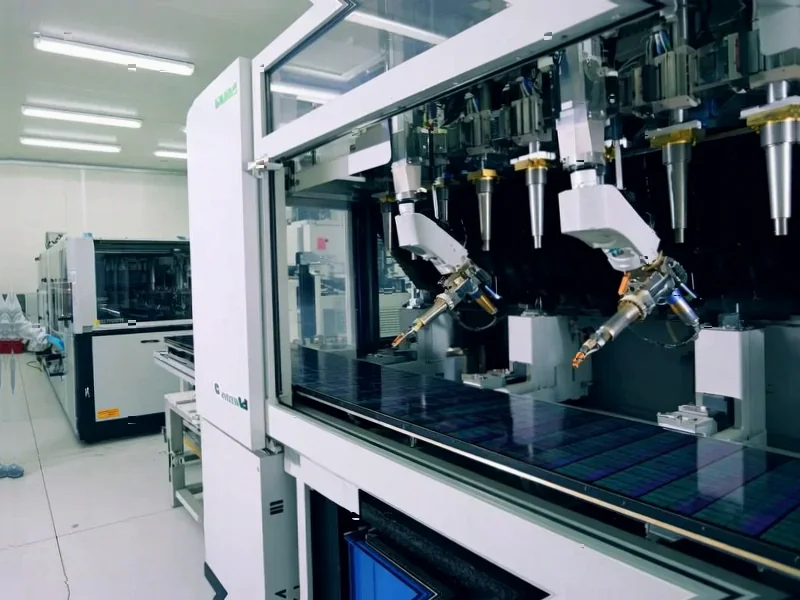According to Wccftech, NVIDIA CEO Jensen Huang revealed that the company’s push to manufacture high-end AI chips in America wouldn’t have been possible without Taiwanese partners. Within just nine months, NVIDIA achieved volume production of its most advanced Blackwell AI chips completely in the United States through collaboration with TSMC, Foxconn, Wistron, Amkor, and SPIL. Huang specifically praised TSMC as an “incredible partner for the United States” during a Fox News interview. The achievement has drawn congratulations from political figures including President Trump and highlights the potential for the US to become a manufacturing hub. Huang emphasized that workers across multiple trades worked around the clock to make this rapid manufacturing turnaround possible in Arizona facilities.
Walking a geopolitical tightrope
Here’s the thing: Huang’s praise for Taiwanese partners feels like a carefully calculated political statement as much as genuine appreciation. He’s basically acknowledging the uncomfortable truth that America’s chip ambitions still depend heavily on Taiwan‘s manufacturing expertise. This comes at a time when US-China tensions over Taiwan are constantly in the headlines. So while politicians celebrate “Made in USA” achievements, the reality is more complicated. We’re talking about a supply chain that still runs through one of the world’s most geopolitically sensitive regions.
The nine-month miracle comes with questions
They pulled this off in just nine months? That’s incredibly fast for setting up advanced semiconductor manufacturing. It makes you wonder what corners might have been cut or what existing infrastructure they’re building upon. TSMC’s Arizona facility has faced numerous challenges including worker shortages and cultural clashes between American and Taiwanese engineering approaches. And let’s not forget – these aren’t simple chips we’re talking about. They’re the most advanced AI processors in the world, which typically require years of perfecting manufacturing processes.
The supply chain isn’t as American as it seems
Look, calling these chips “Made in USA” feels a bit misleading when the key manufacturing expertise, equipment, and even many workers are coming from Taiwan. Foxconn and Wistron are making multi-billion dollar investments in US assembly lines, but they’re still Taiwanese companies bringing Taiwanese methods. Amkor is building advanced packaging facilities here too, which addresses a major bottleneck. But fundamentally, we’re watching Taiwanese companies replicate their operations on American soil rather than creating a truly domestic supply chain. Is that really resilience, or just geographic diversification?
What about long-term sustainability?
The real test will be whether this can last beyond the current political and AI boom cycles. Semiconductor manufacturing in the US has historically struggled with cost competitiveness compared to Asian facilities. TSMC’s commitment to American operations has wavered before when economics didn’t make sense. And let’s be honest – when the current AI investment frenzy cools down, will these facilities still be profitable enough to maintain? The workers might be putting in heroic efforts now, but can they sustain that pace indefinitely? The nine-month sprint is impressive, but the marathon of maintaining competitive US chip manufacturing is just beginning.




